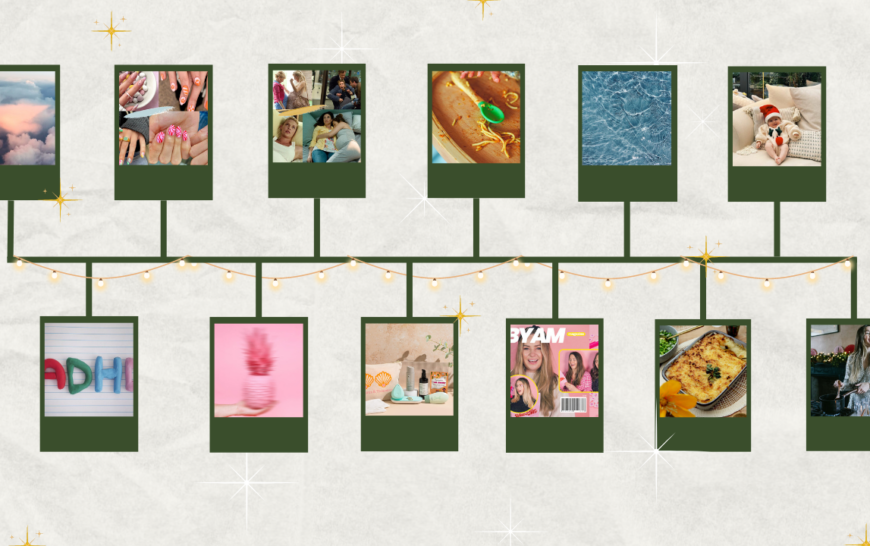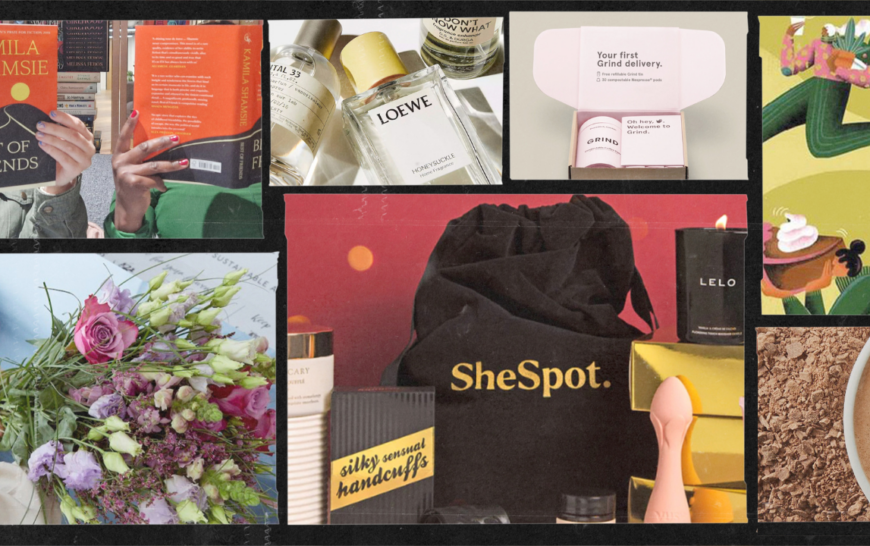
If you ask any grandparent or someone older than you, I’m sure most would still shrug their shoulders and chuckle: “I still don’t know what I want to be when I grow up!” Perhaps it is only a light, nosy question, like discussing the rainy weather, but sometimes it can feel too heavy.
No one wants to predict their future on the spotEmma Gannon
No one wants to predict their future on the spot; no one wants to be asked where they see themselves in five years time. Definitely not when you’re a kid.
I have memories of being around 10 years old and a teacher asking me this question. What do you want to be? I would just clam up, feel stupid, and just blurt out something random like “er.. I dunno, a vet?” and run out into the playground. The thing is, at a young age, we actually do start having a strong sense of what we enjoy or feel good at, but it’s not as simple as turning it into a job description. It’s just a lot more subtle, bubbling away under the surface, and takes quieter focused moments to notice our skills and interests. We have to look for the clues. Some teachers are fantastic are noticing even the smallest of clues. The teachers who notice the small meaningful moments of achievement, not just the big loud trophy cabinet ones.
If we look back to the things we were attracted to at school, maybe we can remember what makes us feel alive in adulthood.Emma Gannon
According to research, many parts of our personality are already formed by the age of seven. As children we are in many ways our most free — we are creative, we are open-minded, we ask ‘why’ a lot. If we look back to the things we were attracted to at school, maybe we can remember what makes us feel alive in adulthood. Did you love pulling things apart and putting them back together again? Did you come alive in drama class? Did you like building things with your hands? Did you make collages? Were you obsessed with computers? Did you enjoy working by yourself? Were you happiest when leading a group task? In which lessons, with whom, at what part of the day were you thriving the most?
Elizabeth Gilbert (bestselling author of Eat Pray Love) recently said that her teachers at school were always telling her to shut up in class because she spoke too much, and now she literally talks on stage for a living. This makes me stop in my tracks because I too was told off for talking, even when it was actually someone else talking to me.
What’s wrong with having “too many” opinions? Emma Gannon
It reminded me of a teacher who I bumped into recently who told me I had “too many opinions” in her classes. She was laughing while saying it, a light-hearted joke perhaps, but it was a strange thing to pull up as a negative. What’s wrong with having “too many” opinions? Plus my job now is writer and columnist, where I am literally paid to have my own opinions.
Looking back, there were so many clues in my childhood leading towards what would be my later career. It wasn’t that I was always writing, but I do remember being happy whilst doing it, and getting good feedback. One vivid memory was with one of my babysitters Donna, who would draw a picture with some crayons, any old picture, and then she would task me with writing up a story that could go along with it. Once she drew a dragon inside a house and then I went away and scribbled four pages in my bad handwriting about an orphaned dragon who was trying to find a new family. I was encouraged to use my imagination. I was creating stories from an early age.
My task to you now, reading this, is to sit down with a pen and paper and remind yourself of all the things you loved to do as a kid. Emma Gannon
It makes me sad to think that so many of us lose touch with our creative childlike selves, or, in some cases, told by society to stop. Or to grow up. These clues that pop out loudly when we are younger can so often go ignored by teachers, parents and ourselves because life is busy and noisy. We are taught to follow the crowd, read the same-old career brochure and stick to the same old routes. But it doesn’t have to be that way. My task to you now, reading this, is to sit down with a pen and paper and remind yourself of all the things you loved to do as a kid. It might not be the case that you will get to ‘quit your job and follow your dreams’ — we all know things don’t happen that way overnight. But, even the act of reminding yourself of what you enjoy and what you are good at can lead to a new hobby or a new side hustle and therefore a new sense of fulfilment. It can lead us back to ourselves. It can remind us who we are again.
Find Emma on Instagram, Twitter and find lots more on her Website. You can also sign up to Emma’s wonderful newsletter The Hyphen here.






